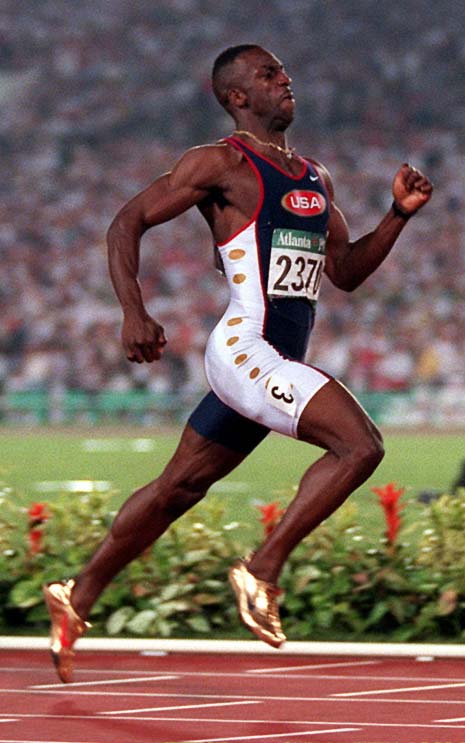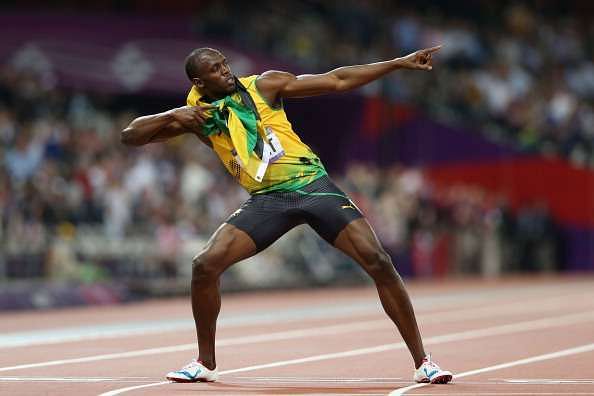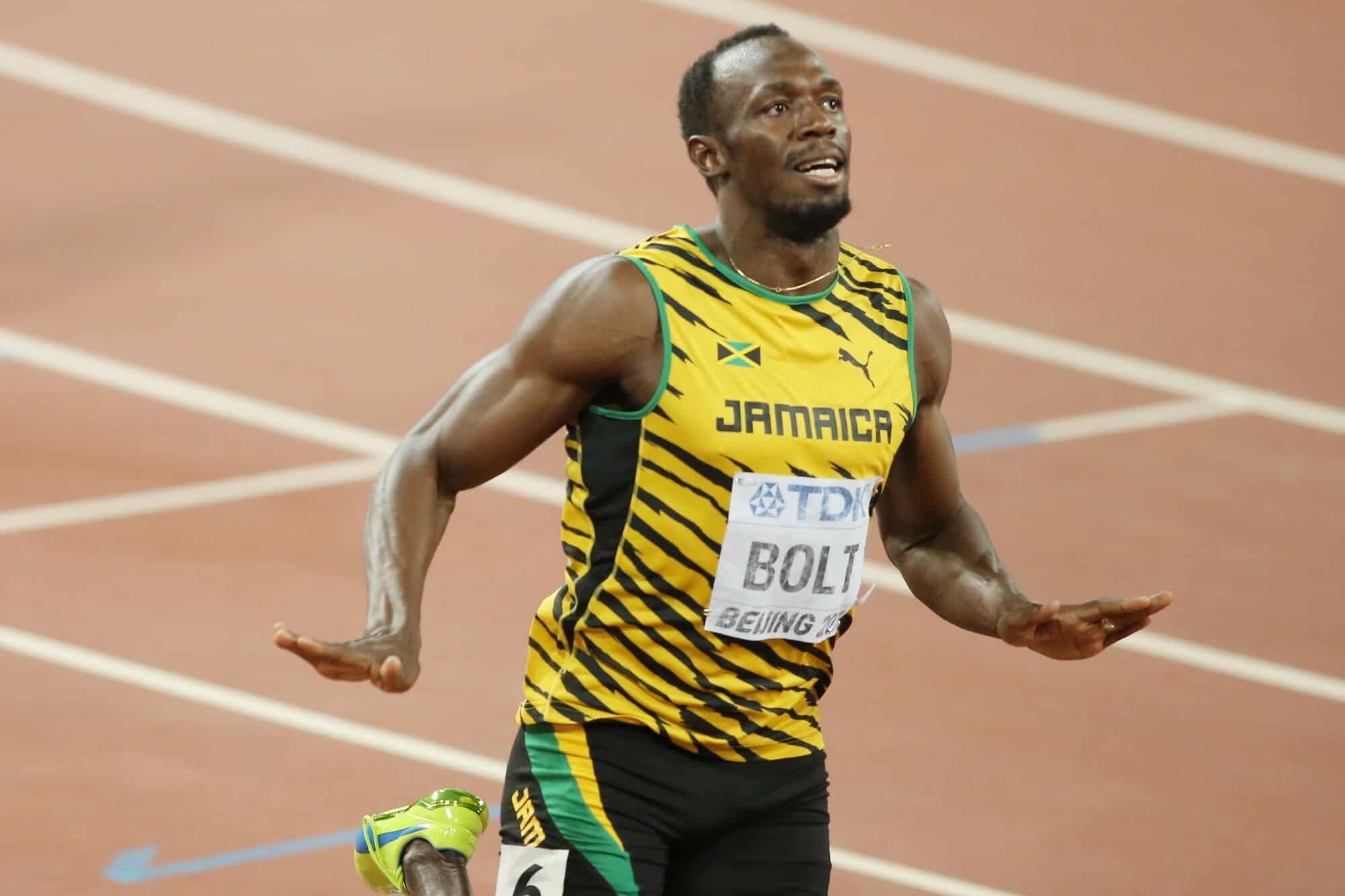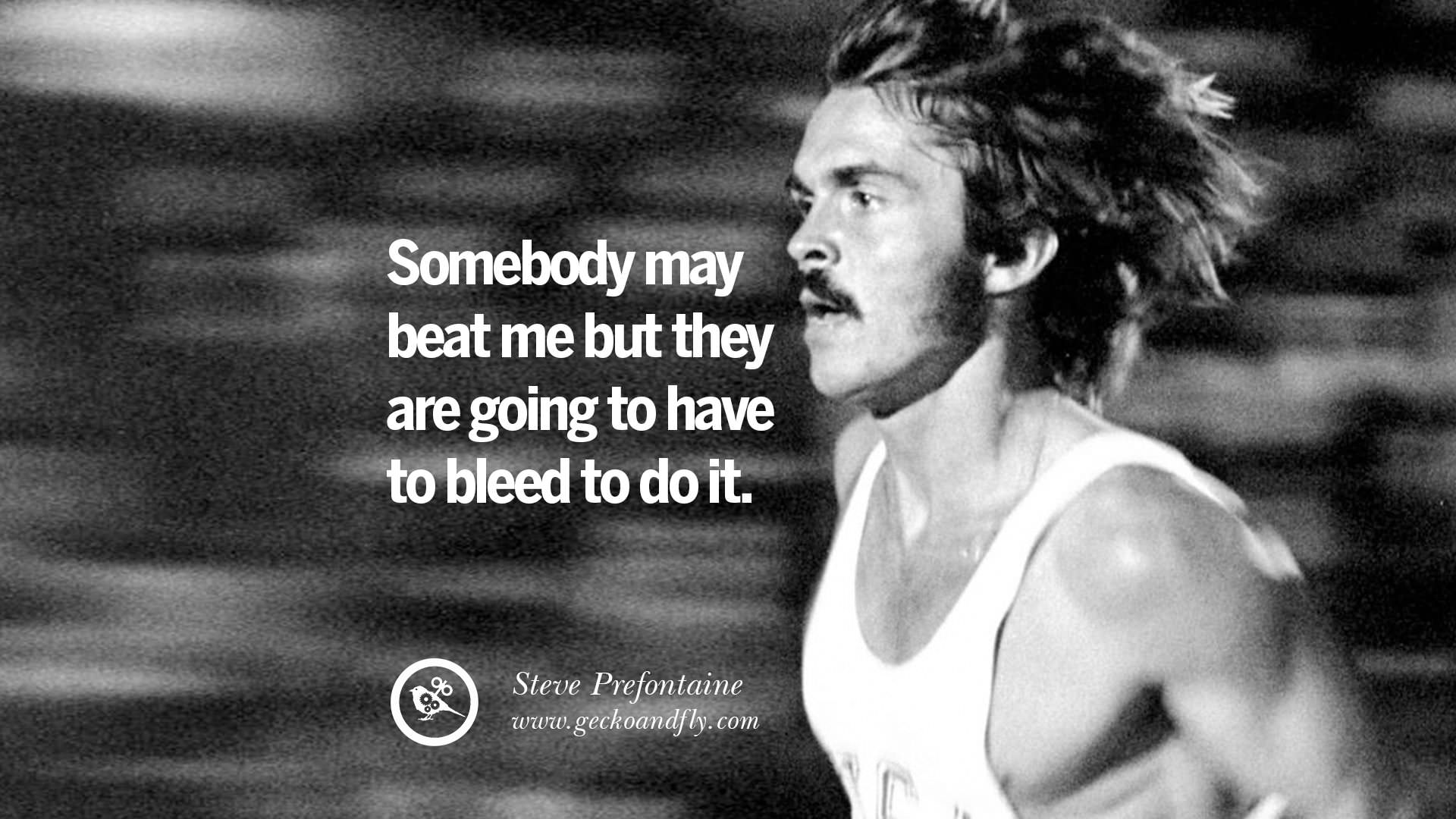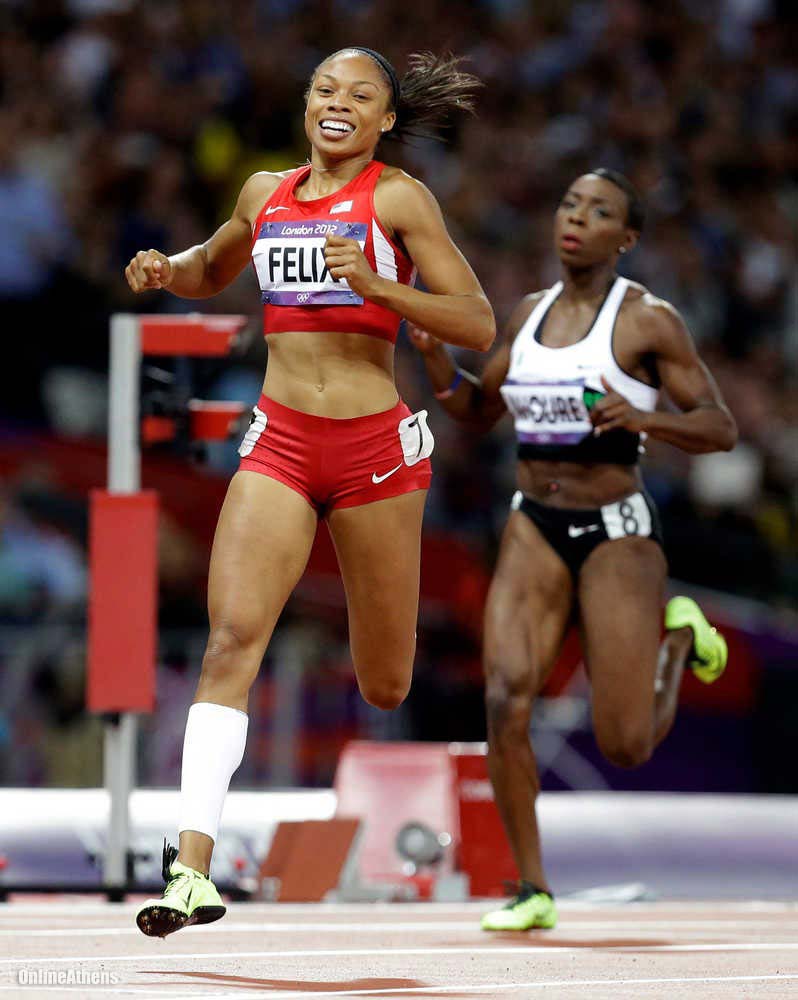Delving into the Rich History of Olympic Running
Olympic running is a timeless and revered tradition that has captivated audiences for centuries. The allure of the Olympic Games, which began in ancient Greece, has transcended generations and cultures, evolving into a modern-day spectacle that embodies the pinnacle of athletic achievement. The thrill of competition and the indomitable spirit of the athletes who have graced the Olympic stage have made famous Olympic runners household names and global icons.
The history of Olympic running can be traced back to 776 BC, when the first recorded Olympic Games took place in Olympia, Greece. Initially, the Games featured a single event: the stadion race, a short sprint that covered one length of the stadium. Over time, the Olympic Games expanded to include a variety of running events, such as the diaulos (double stadium race), the hoplitodromos (armored race), and the dolichos (long race).
The modern Olympic Games, which were revived in 1896, have continued the legacy of their ancient predecessors, showcasing the very best in Olympic running. From the lightning-fast world of sprinting to the grueling challenges of long-distance running, the Olympic Games have provided a platform for athletes to demonstrate their extraordinary skills, unwavering dedication, and relentless pursuit of greatness. The famous Olympic runners who have emerged from these hallowed competitions have left indelible marks on the annals of sports history, inspiring generations of aspiring runners and captivating the hearts and minds of fans around the world.
The Art of Sprinting: A Tribute to Olympic Sprinters
The lightning-fast world of Olympic sprinting showcases the extraordinary skills and techniques of some of the most iconic famous Olympic runners in history. With events like the 100 meters, 200 meters, and 400 meters, sprinters rely on power, speed, and agility to outperform their competitors and secure their place on the Olympic podium.
One such legendary sprinter is Usain Bolt, a Jamaican athlete who has dominated the sport since his first Olympic appearance in 2008. Dubbed the “Fastest Man Alive,” Bolt has amassed an impressive collection of Olympic medals, including eight golds and two world records. His charismatic personality and unrivaled talent have solidified his status as a global sports icon and a true ambassador for Olympic sprinting.
Another notable Olympic sprinter is American Allyson Felix, who has made her mark as one of the most decorated female athletes in Olympic history. With seven Olympic medals to her name, including six golds, Felix has demonstrated unparalleled versatility and longevity in her sport. Her grace, poise, and unwavering determination have inspired countless young athletes and cemented her place among the greatest famous Olympic runners of all time.
The art of sprinting requires a unique blend of physical prowess and mental fortitude. To excel in this demanding discipline, sprinters must develop explosive power, lightning-fast reflexes, and a keen sense of strategy. Mastering the intricacies of starting blocks, sprinting mechanics, and race tactics can make the difference between a personal best and a place on the Olympic podium. As such, Olympic sprinters often engage in rigorous training regimens, working tirelessly to refine their skills and maximize their performance.
Beyond the physical and technical aspects of Olympic sprinting, the sport also fosters a deep sense of camaraderie and sportsmanship among its competitors. Despite the intense rivalries and high stakes, Olympic sprinters often display remarkable grace and humility in both victory and defeat. This unwavering commitment to the Olympic spirit serves as a testament to the enduring power of sport and its ability to unite people from all walks of life.
The Long Distance Legends: Marathon and Steeplechase Olympic Runners
The grueling world of Olympic long-distance running features marathon and steeplechase runners who have demonstrated exceptional endurance and tenacity. These famous Olympic runners have captured the hearts of millions with their inspiring stories of triumph and resilience, showcasing the very best of human spirit and determination.
The marathon event, which commemorates the legendary run of Pheidippides from the Battle of Marathon to Athens, has long been a cornerstone of Olympic running. Over the years, marathon runners have faced numerous challenges, from extreme weather conditions to treacherous terrain, but their unwavering dedication and relentless pursuit of excellence have led to some of the most memorable moments in Olympic history.
One such moment occurred during the 2004 Olympic Games in Athens, when Ethiopian runner Haile Gebrselassie captured the hearts of the world with his electrifying performance in the men’s marathon. Despite battling a persistent knee injury, Gebrselassie persevered, ultimately securing a bronze medal and solidifying his place among the all-time greats of Olympic marathon running.
Similarly, the women’s marathon has produced its fair share of unforgettable moments, with runners like Joan Benoit Samuelson of the United States and Tiki Gelana of Ethiopia etching their names into Olympic lore. Benoit Samuelson’s historic victory in the inaugural women’s marathon at the 1984 Olympic Games in Los Angeles not only showcased her incredible talent and tenacity but also paved the way for future generations of female long-distance runners.
In addition to the marathon, the steeplechase event has also produced its share of famous Olympic runners. This challenging and unique discipline requires runners to navigate a series of barriers and water jumps, testing their agility, speed, and endurance in the process. Over the years, steeplechase runners like Gulnara Samitova-Galkina of Russia and Ezekiel Kemboi of Kenya have demonstrated their mastery of this demanding event, capturing multiple Olympic medals and setting world records in the process.
The long-distance world of Olympic running is not without its challenges, but the famous Olympic runners who have graced this prestigious stage have consistently risen to the occasion, demonstrating the true power of human spirit and determination. Through their unwavering dedication, these extraordinary athletes have left an indelible mark on Olympic history, inspiring generations of aspiring runners and captivating the hearts of millions around the world.
How to Achieve Olympic Glory: A Guide for Aspiring Runners
For those who dream of joining the ranks of famous Olympic runners, the path to glory requires dedication, discipline, and a well-thought-out approach to training, nutrition, and mental preparation. Here, we offer actionable advice for aspiring Olympic runners, drawing on the wisdom and experience of those who have come before and achieved greatness on the world’s biggest stage.
First and foremost, proper training is essential for any aspiring Olympic runner. This means developing a comprehensive training plan that incorporates a mix of endurance-building workouts, speed drills, and strength training exercises. It’s also crucial to listen to one’s body and adjust training intensity and duration as needed to avoid injuries and ensure consistent progress.
Nutrition plays a vital role in an Olympic runner’s success, as well. Consuming a balanced diet rich in carbohydrates, proteins, and healthy fats can help fuel optimal performance and aid in recovery. Additionally, staying properly hydrated before, during, and after workouts and competitions is essential for maintaining peak physical condition.
Beyond the physical aspects of training and nutrition, cultivating a strong mental game is equally important for aspiring Olympic runners. This means developing a winning mindset, setting realistic goals, and practicing visualization techniques to build confidence and focus. It’s also crucial to learn how to manage stress, anxiety, and adversity, as these factors can significantly impact performance on race day.
In addition to these tips, aspiring Olympic runners should also consider seeking out the guidance and support of experienced coaches, trainers, and mentors. These individuals can provide valuable insights, advice, and encouragement, helping to accelerate progress and increase the likelihood of success.
Ultimately, the journey to Olympic glory is a challenging and rewarding one, filled with triumphs, setbacks, and invaluable lessons along the way. By following these tips and maintaining a steadfast commitment to one’s dreams, aspiring Olympic runners can set themselves on a path toward greatness and leave their own indelible mark on the rich tapestry of Olympic running history.
The Power of Teamwork: Olympic Relay Runners
In the world of Olympic running, the relay events offer a unique and thrilling display of teamwork, camaraderie, and athleticism. Featuring teams of four runners each, the 4×100-meter and 4×400-meter relays showcase the power of collaboration, trust, and split-second decision-making in the quest for relay gold.
Throughout Olympic history, countless relay teams have left their indelible mark on the annals of famous Olympic runners. From the legendary United States men’s and women’s teams to the up-and-coming talents of today, these athletes have demonstrated the unparalleled strength and unity that can be achieved through teamwork and shared purpose.
One of the most memorable relay performances in Olympic history occurred during the 1992 Olympic Games in Barcelona, when the United States men’s 4×100-meter relay team, featuring stars like Carl Lewis and Leroy Burrell, set a new world record in their quest for gold. Their awe-inspiring performance, marked by seamless handoffs and lightning-fast speed, showcased the very best of Olympic relay running and cemented their place in the annals of Olympic history.
More recently, during the 2016 Olympic Games in Rio de Janeiro, the United States women’s 4×100-meter relay team, comprised of Allyson Felix, English Gardner, Tianna Bartoletta, and Tori Bowie, captured the hearts of millions with their thrilling gold medal victory. Their triumph, which came after a heartbreaking silver medal finish in London four years earlier, served as a testament to their unwavering dedication, resilience, and unbreakable bond as a team.
Beyond the physical prowess and athletic skill required to excel in Olympic relay running, the importance of trust, communication, and synchronicity cannot be overstated. Each handoff, fraught with tension and the potential for disaster, demands the utmost precision, focus, and unity from each team member. It is through these moments of high-stakes collaboration that the true power of Olympic relay running is revealed, offering a captivating and inspiring display of teamwork and sportsmanship for the world to witness.
As the Olympic Games continue to captivate audiences and inspire generations of aspiring athletes, the relay events will undoubtedly remain a cornerstone of Olympic running culture. By showcasing the very best of teamwork, camaraderie, and athleticism, these extraordinary runners will continue to leave their indelible mark on Olympic history, serving as a shining example of the Olympic spirit and the limitless potential of human achievement.
Overcoming Adversity: Inspiring Stories of Resilience in Olympic Running
The world of Olympic running is not without its share of challenges and setbacks. From debilitating injuries to personal hardships and cultural barriers, the athletes who have graced the Olympic stage have faced a myriad of obstacles in their quest for greatness. Yet, it is in these moments of adversity that the true character of these famous Olympic runners is revealed, as they demonstrate their unwavering resilience, determination, and commitment to their dreams.
One such inspiring story comes from the legendary marathon runner, Joan Benoit Samuelson. In 1979, at the tender age of 21, Samuelson underwent reconstructive surgery on her knee, forcing her to miss an entire year of training. However, she refused to let this setback deter her, and just two years later, she would go on to win the first-ever women’s Olympic marathon at the 1984 Olympic Games in Los Angeles. Her triumph, which came just months after undergoing another knee surgery, showcased her incredible resilience, determination, and unwavering commitment to her craft.
Similarly, the story of double amputee sprinter, Oscar Pistorius, serves as a powerful testament to the human spirit and the power of perseverance. Born without fibulas, Pistorius was fitted with prosthetic legs at the age of 11, which allowed him to pursue his passion for running. Despite facing numerous setbacks, including being banned from competing in the 2012 Olympic Games due to concerns over his prosthetics, Pistorius continued to defy the odds, becoming the first double amputee to compete in the Olympic Games in 2016. His inspiring journey, marked by resilience, determination, and an unwavering commitment to his dreams, has left an indelible mark on the world of Olympic running and sports as a whole.
For other famous Olympic runners, the challenges they faced were not physical but cultural. Take, for example, the story of Abel Kiviat, an American middle-distance runner who competed in the 1912 Olympic Games. Despite being one of the fastest milers in the world at the time, Kiviat faced significant prejudice and discrimination due to his Jewish heritage. Yet, he refused to let this deter him, going on to win a silver medal in the 1500-meter event. His inspiring story of resilience, determination, and unwavering commitment to his dreams serves as a powerful reminder of the enduring power of the human spirit and the importance of perseverance in the face of adversity.
As the Olympic Games continue to captivate audiences and inspire generations of aspiring athletes, the stories of these famous Olympic runners will undoubtedly endure, serving as a testament to the indomitable spirit, resilience, and determination that defines the Olympic spirit. By sharing these powerful narratives, we not only celebrate the extraordinary achievements of these remarkable athletes but also remind ourselves of the limitless potential that lies within each and every one of us.
The Future of Olympic Running: Emerging Talents and Technological Advancements
As the world of Olympic running continues to evolve, so too does the pool of talented athletes vying for a spot on the podium. In the coming years, a new generation of famous Olympic runners is poised to make their mark on the sport, bringing with them innovative techniques, cutting-edge technology, and a relentless pursuit of greatness.
One such promising newcomer is 21-year-old American sprinter, Erriyon Knighton. Hailing from Tampa, Florida, Knighton has already made a name for himself as a rising star in the world of track and field, breaking Usain Bolt’s under-20 world record in the 200-meter event earlier this year. With his lightning-fast speed, charismatic personality, and undeniable talent, Knighton is well on his way to becoming one of the most famous Olympic runners of his generation.
In addition to these promising newcomers, technological advancements are also poised to play a significant role in shaping the future of Olympic running. From innovations in footwear to cutting-edge training methods and data analysis, these technological advancements have the potential to significantly enhance performance, unlocking new heights of speed, endurance, and agility for athletes around the world.
One such innovation is the Nike Vaporfly, a cutting-edge running shoe that has already made waves in the world of long-distance running. Featuring a unique carbon-fiber plate and lightweight foam, the Vaporfly has been shown to improve running economy by as much as 4%, allowing athletes to maintain faster speeds for longer periods. As more and more athletes turn to this revolutionary footwear, it’s likely that we’ll see new records being set and long-standing records being shattered in the coming years.
Beyond footwear, advancements in training methods and data analysis are also set to reshape the landscape of Olympic running. By leveraging cutting-edge technology, coaches and trainers are now able to gain unprecedented insights into an athlete’s performance, enabling them to tailor training programs to an individual’s unique strengths, weaknesses, and goals. This level of personalization, combined with the latest advancements in sports science and biomechanics, has the potential to unlock new levels of performance, transforming the way we think about Olympic running and the athletes who compete in it.
As we look to the future of Olympic running, it’s clear that the sport is on the cusp of a new era of greatness. With a new generation of talented athletes and groundbreaking technological advancements on the horizon, the next chapter in the storied history of Olympic running promises to be one of the most exciting and innovative yet. So, stay tuned, as the world of Olympic running continues to captivate, inspire, and push the boundaries of human potential.
Celebrating the Olympic Ideal: The Enduring Legacy of Famous Olympic Runners
As we reflect on the storied history of Olympic running, it’s impossible not to be struck by the profound impact these remarkable athletes have had on global sports culture. From the thrilling competitions and unforgettable performances to the inspiring stories of resilience and determination, Olympic running has captured the hearts and minds of millions, leaving an indelible mark on the world of sports and beyond.
At the heart of this legacy is the Olympic spirit itself – a celebration of unity, sportsmanship, and personal growth that transcends borders, cultures, and generations. It is in this spirit that the world’s most talented and dedicated runners have come together every four years, pushing the boundaries of human potential and reminding us all of the power of perseverance, passion, and the indomitable human spirit.
Indeed, the famous Olympic runners who have graced the Olympic stage over the years have done more than simply break records and win medals. They have served as role models, inspiring countless young athletes to pursue their dreams, overcome adversity, and strive for greatness in their own lives. Through their unwavering dedication, unyielding determination, and unwavering commitment to their craft, these extraordinary individuals have embodied the very best of the Olympic ideal, leaving a lasting legacy that will continue to inspire and captivate generations to come.
As we look to the future of Olympic running, it’s clear that this rich legacy will continue to endure, fueled by the passion, innovation, and technological advancements that are reshaping the sport. From promising newcomers to seasoned veterans, the world of Olympic running is teeming with talent, creativity, and potential, ensuring that the thrill of competition and the indomitable spirit of the athletes who grace the Olympic stage will continue to captivate and inspire us all for generations to come.


